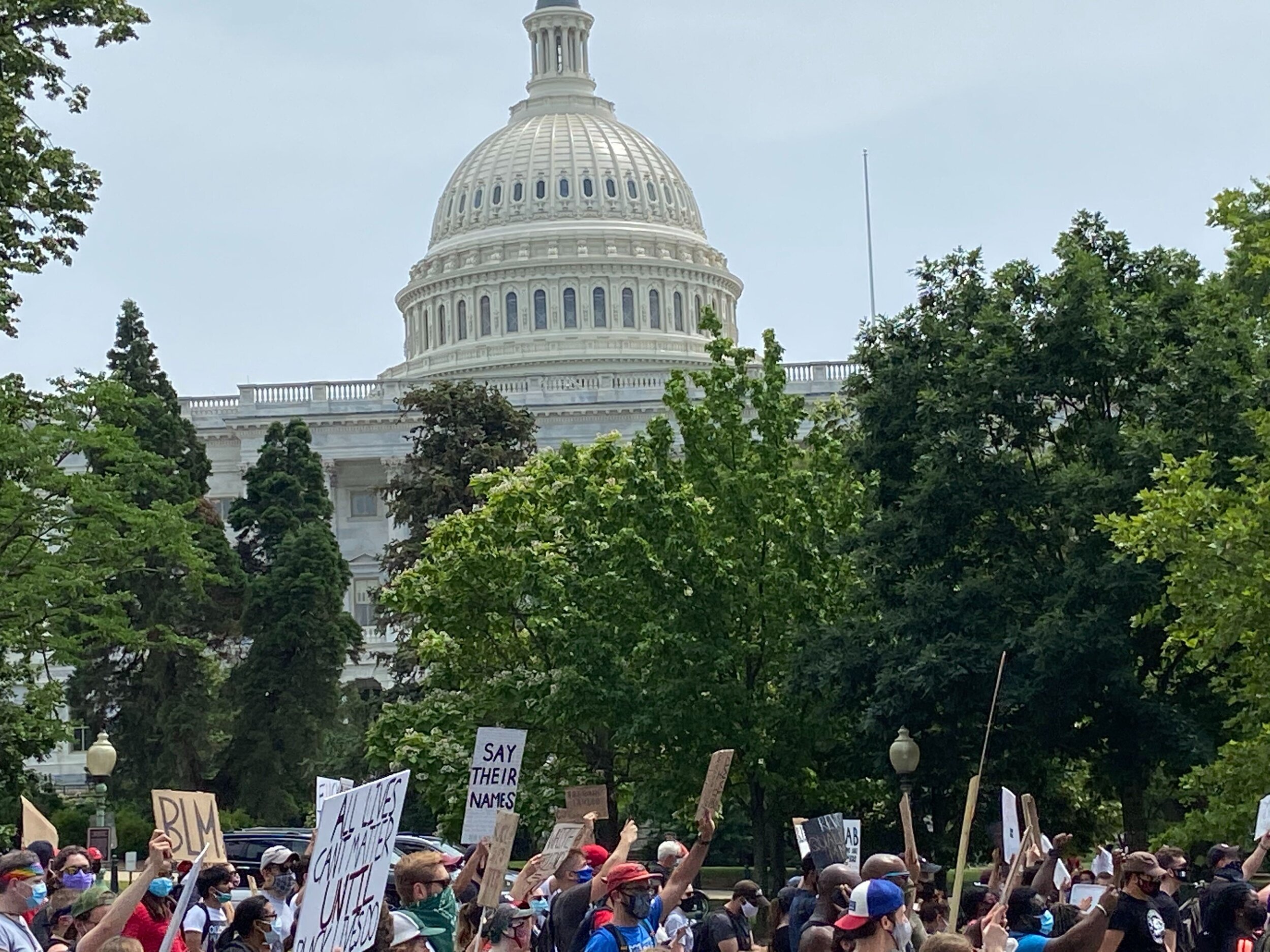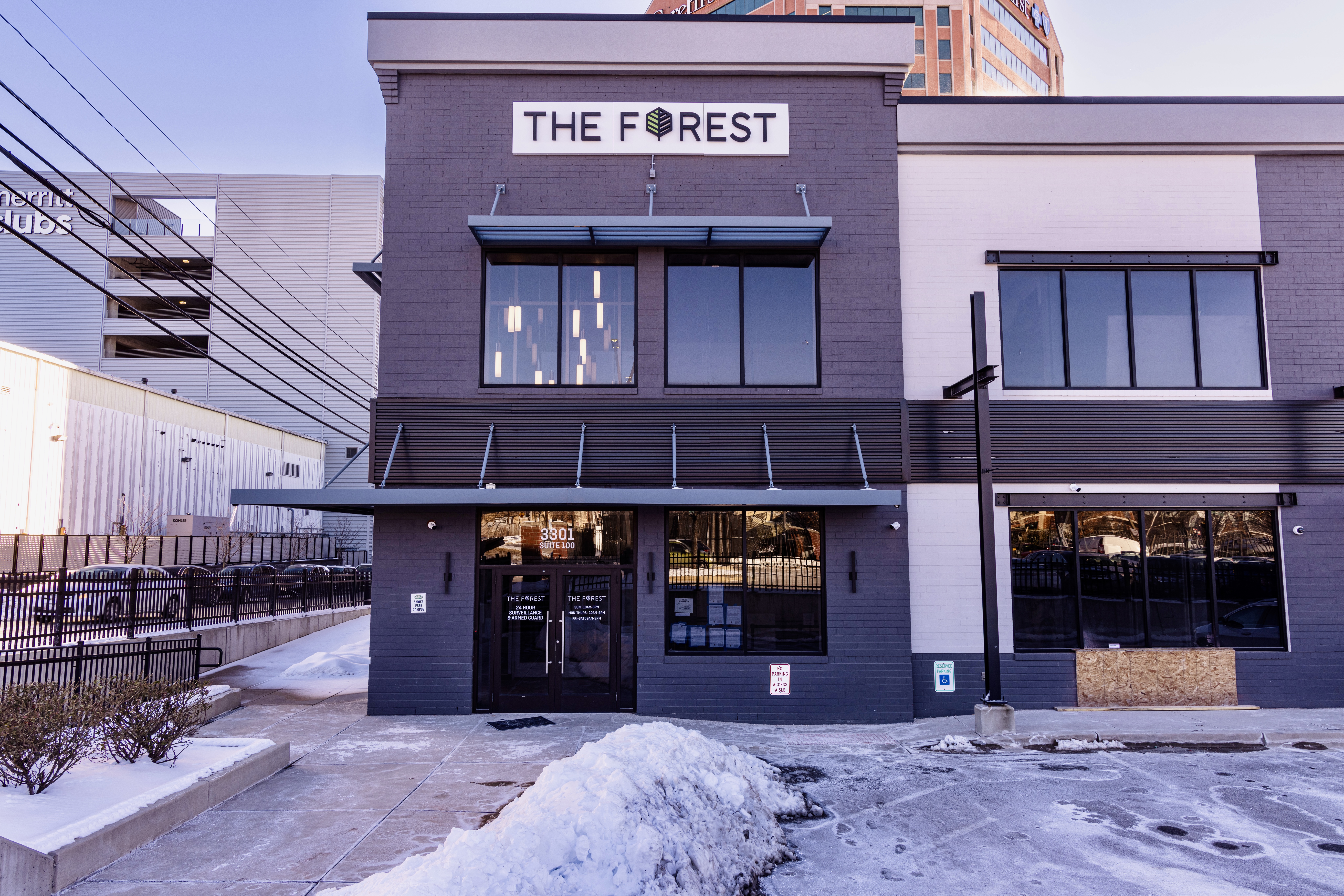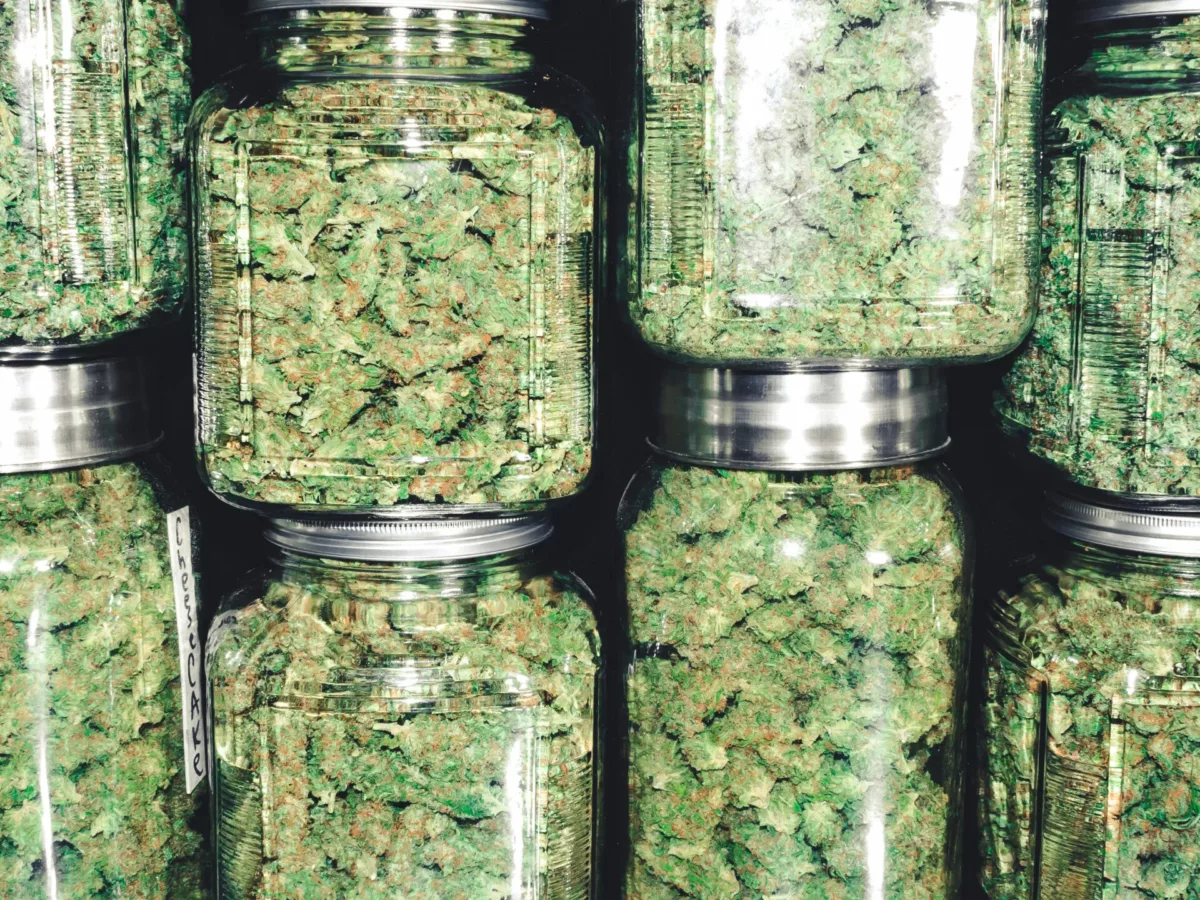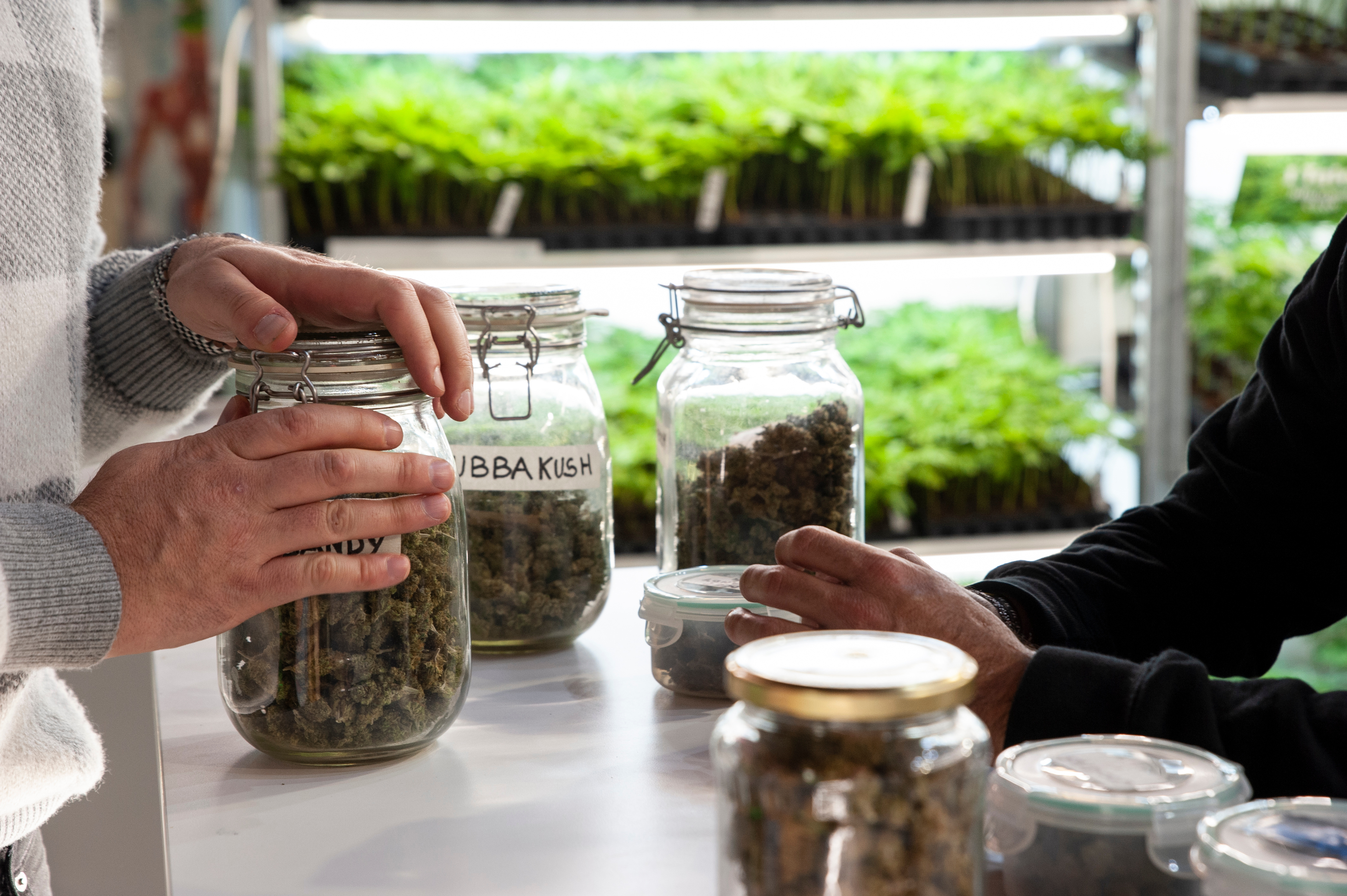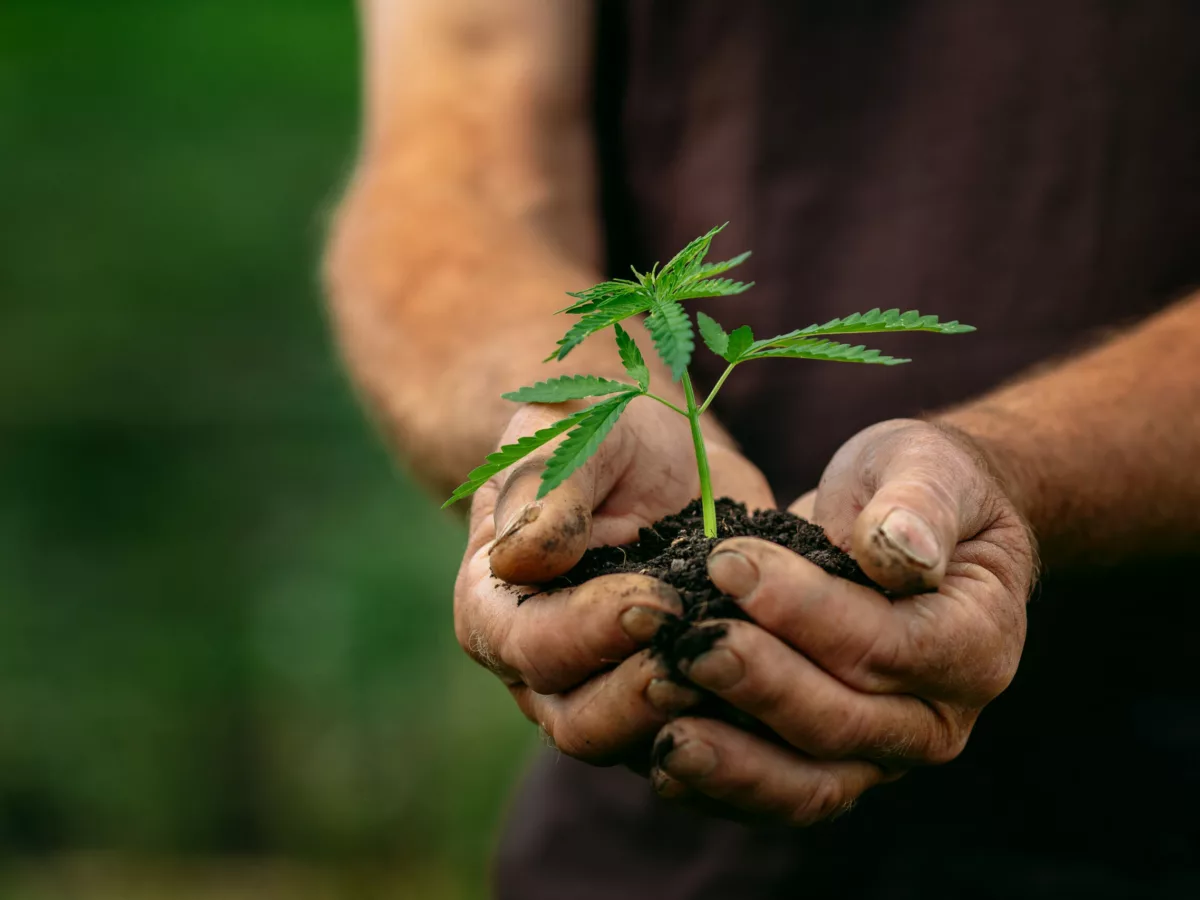Cannaclusive, a website advocating for black representation in the legalized cannabis industry recently released The Accountability List. Posted as a Google doc and therefore “a living document,” The Accountability List gathers cannabis and hemp companies and details whether or not they are black-owned, the number of black people employed, and the company’s comments (or lack thereof) about George Floyd, police violence, and Black Lives Matter.
Racial equity is the key issue when it comes to legal cannabis. The most maddening paradox of the legal cannabis industry is that it has, on account of the capital needed to enter the industry, and due to the racist war on drugs, significantly excluded people of color. In Maryland, which currently has medicinal cannabis but has not legalized cannabis for recreational use, the state workgroup tasked with deciding whether or not to recommend legalization cited racial equity as something that had to be figured out before they could recommend legalization. This is on top of the state’s fraught medicinal cannabis industry where the dearth of black-owned growing, processing, and dispensing businesses has been an ongoing issue. And in Virginia, which will soon have a medicinal cannabis industry and decriminalization as of July 1, Governor Ralph Northam connected cannabis and how it is policed to protests against the police killing of George Floyd.
The Accountability List builds on Inclusivebase, a project Cannaclusive did in 2019 that was a directory of non-white-owned cannabis businesses.Information for the list is gathered from submissions by the public which are then vetted and published. What’s refreshing—and useful—about the list is that it has some voice to it, especially when it parses the extent of or boldness of statements, which seems important at a moment where everybody from the National Football League (known for blackballing Colin Kaepernick for kneeling in protest of police violence just a few years ago), to gooey fruit snack, Gushers, have said in some form or another “Black Lives Matter.”
For example, The Accountability List says that Curaleaf, which has a number of dispensaries in Maryland, “refuses to answer comments asking how they are doing more for the Black community,” but adds that, “internally the group is launching a social equity support program date unknown.” Other companies are noted as for example, only posting a black square or doing nothing at all. The Accountability List at least allows cannabis patients and consumers a better sense of who their money is going to and allows them to make more informed decisions about who to support.
Cannaclusive co-founder Mary Pryor connected The Accountability List to this moment of racial reckoning and nationwide protest against police violence in the press release announcing the project.
“As we witnessed the murder of a man on national television, observing the civil unrest erupting across the country once again from police brutality disproportionately affecting Black people in the United States, we noted the silence of cannabis and hemp brands,” Pryor said. “The Accountability List was created to serve as a guide for consumers who are living their values or for those who want to support brands that share those ideals. More importantly to these existing brands accountable to the people whose backs this industry was built upon.”
Photo by John McGowan
